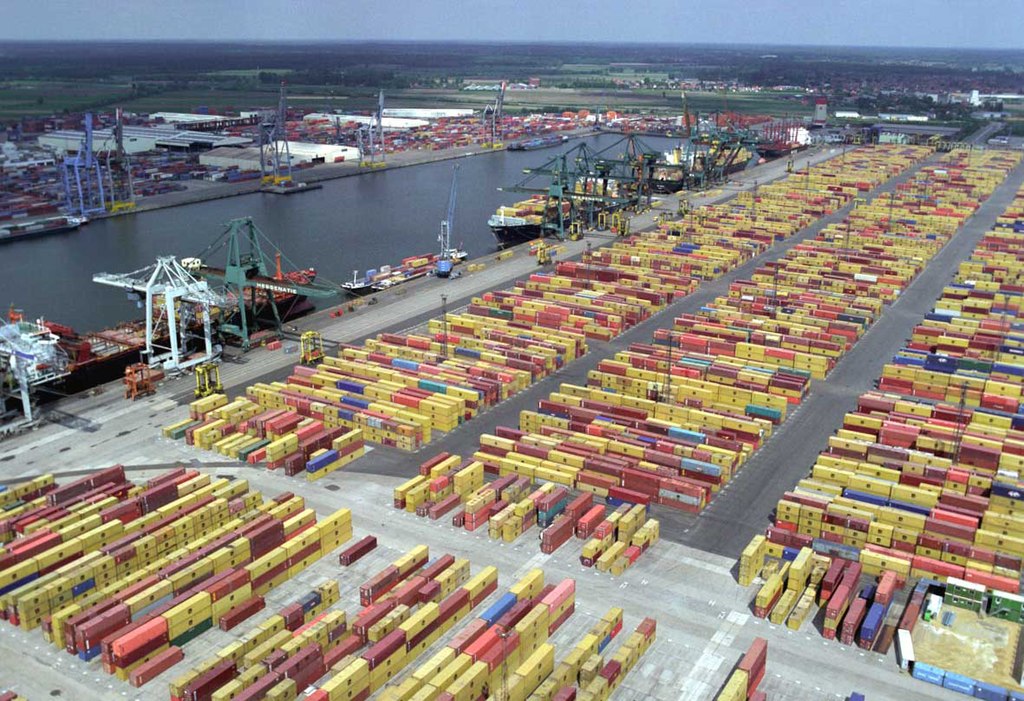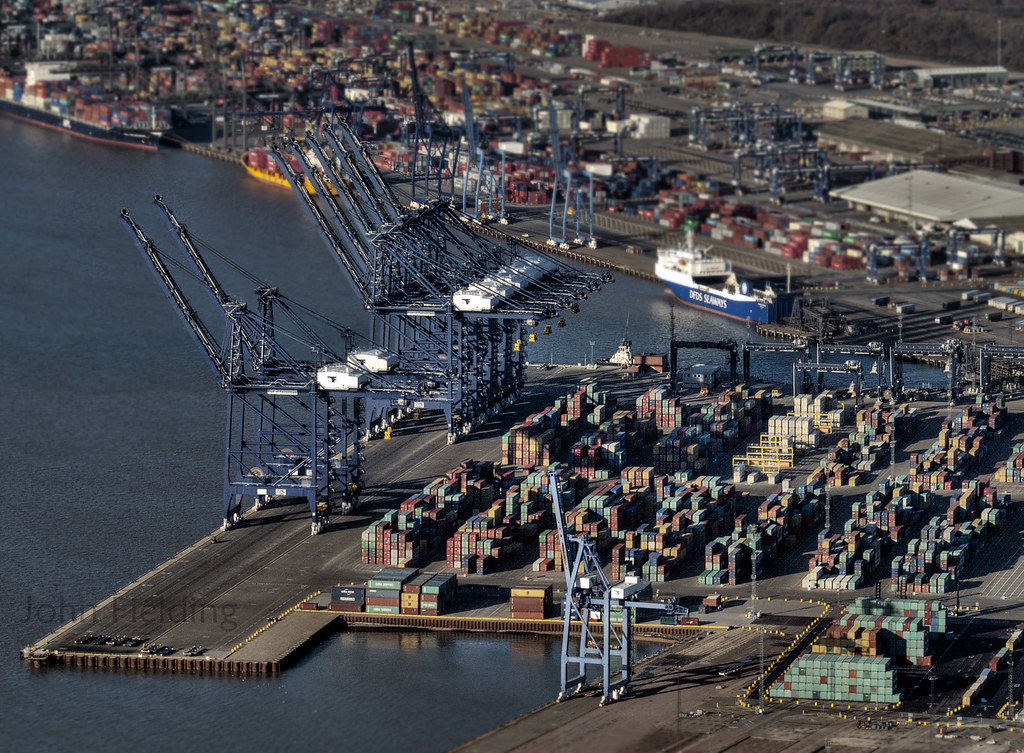Three years after it officially left the European Union, the United Kingdom has struck an agreement to join a trade pact with 11 nations from Asia and the Pacific.
According to the government, the United Kingdom’s entry into the group will increase exports by lowering tariffs on a variety of commodities, including cheese, vehicles, chocolate, machinery, gin, and whisky.
Nevertheless, according to the government’s own calculations, joining the union will only add 0.08 percentage points to the size of the United Kingdom’s GDP.

A market of approximately 500 million people is encompassed within the trading area.
Australia, Brunei, Canada, Chile, Japan, Malaysia, Mexico, New Zealand, Peru, Singapore, and Vietnam are members of the Comprehensive and Progressive Agreement for Trans-Pacific Partnership, also known as the CPTPP. It was founded in 2018.
By being a member of the CPTPP, countries are able to engage in freer commerce with one another and lower tariffs, which are a type of tax levied at borders.
After 21 months of discussions, the United Kingdom finally became the first European country to join, contributing approximately 13% of the total income generated around the world by the organisation as a whole.
According to statements made by the government, the pact constitutes the “largest trade deal since Brexit” for the UK.
On the other hand, we anticipate that the benefits of membership for the UK will be on the lower end. The United Kingdom already has free trade agreements in place with all of the other members, with the exception of Brunei and Malaysia. Some of these agreements were carried over from the UK’s prior membership in the European Union.
And even with some advances in trade, the government expects that it will only add 0.08% to the size of the economy in 10 years. The Office for Budget Responsibility (OBR), which sets estimates for the government, has stated in the past that Brexit will lower the potential economic growth of the UK by approximately 4% over the long run.
‘Prime position’
Nonetheless, Prime Minister Rishi Sunak stated that the agreement proved the “true economic benefits of our post-Brexit freedoms.”
He stated that as a result of the United Kingdom’s participation in the Comprehensive and Progressive Agreement for Trans-Pacific Partnership (CPTPP), the country is now in a good position in the global economy to seize chances for new jobs, growth, and innovation.
“British enterprises will now have access to markets that range from Europe to the south Pacific in a way that has never been possible before.”
The United Kingdom’s Secretary of State for Business and Trade, Kemi Badenoch, compared the agreement to “purchasing a start-up.”
She stated that the United Kingdom is still in a free trade deal with the European Union. “This is not to replace EU trade, this is in addition,” she said on the Today programme of Radio 4.
“You wouldn’t acquire a little firm like that and expect it to be delivering on the day – we are thinking about the potential,” she added. She went on to say that in seven years, “40% of the world’s middle class is going to emerge from that region.”
Ms. Badenoch denied that there would be any damage to UK agriculture and stated that the pact would “open new markets” for farmers.
According to the government, other “benefits” of being a part of the bloc include a boost to the services sector as a result of the fact that UK firms will not be required to establish a local office or be resident in order to supply a service. This will put them on an equal footing with local firms and allow them to compete more effectively.
The government has stated that it and other CPTPP members will complete the remaining legal and administrative formalities required for the UK to officially sign in 2023.












